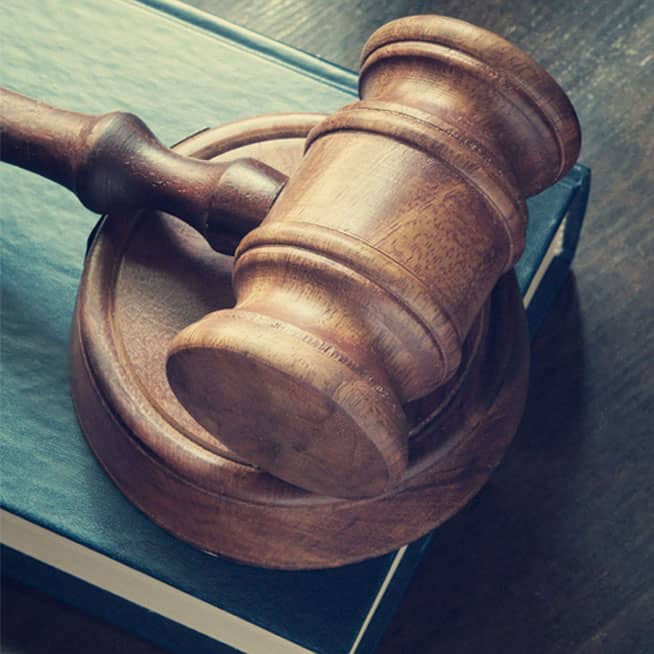Are you a nonprofit that furthers the mission of our Foundation? We make grants throughout the year to organizations operating in Georgia.
Empowering
All Georgians
Through Legal Education


The Georgia Civil Justice Foundation is a 501(c)(3) organization that seeks to educate Georgians about the civil justice system and its value by investing in programs that provide education about the legal system.

The civil justice system ensures all people the right to bring individual grievances or complaints before an independent court. A person can file grievances against another person, a company, or even the government. The system allows both parties a fair opportunity to share their side of the story before a judge or jury. It’s designed to hold wrongdoers accountable and can ensure compensation for someone injured due to misconduct. What’s most important to know about our civil justice system is this: It gives everyone a fair chance.

The Georgia Civil Justice Foundation (GCJF) is a nonpartisan resource for anyone seeking to understand, preserve, or restore the basic functions of civil justice.
GCJF supports public education about the civil justice system and how to gain access to the civil justice system when it is needed. Our goal is to reach all Georgians with a message that presents civil justice as society’s means of assuring fair play for everyone.
Are you a nonprofit that furthers the mission of our Foundation? We make grants throughout the year to organizations operating in Georgia.
Submit an informal grant request letter, and following a favorable review of your application, we will reach out to you via email to schedule a call for further information and discussion.
Some of the previous grant recipients include the Eaton-Talarico Study, Georgia Justice Project, Georgia Watch, Georgia Law, and Law Related Education Teacher Training.
The Georgia Civil Justice Foundation can provide you with helpful resources for learning more about the civil justice system.
Our podcast “See You in Court,” informs you about the Georgia civil justice system, what it means to you and how it protects individual rights.